Nothing can really prepare someone for the thought of losing their freedom. This was something I could only imagine as I witnessed friends and colleagues threatened with years of imprisonment on trumped up charges of piracy and hooliganism. What they had been doing was peacefully protesting against fossil fuels, and, as a court ruled this week, the state action taken against them was baseless and unjust.
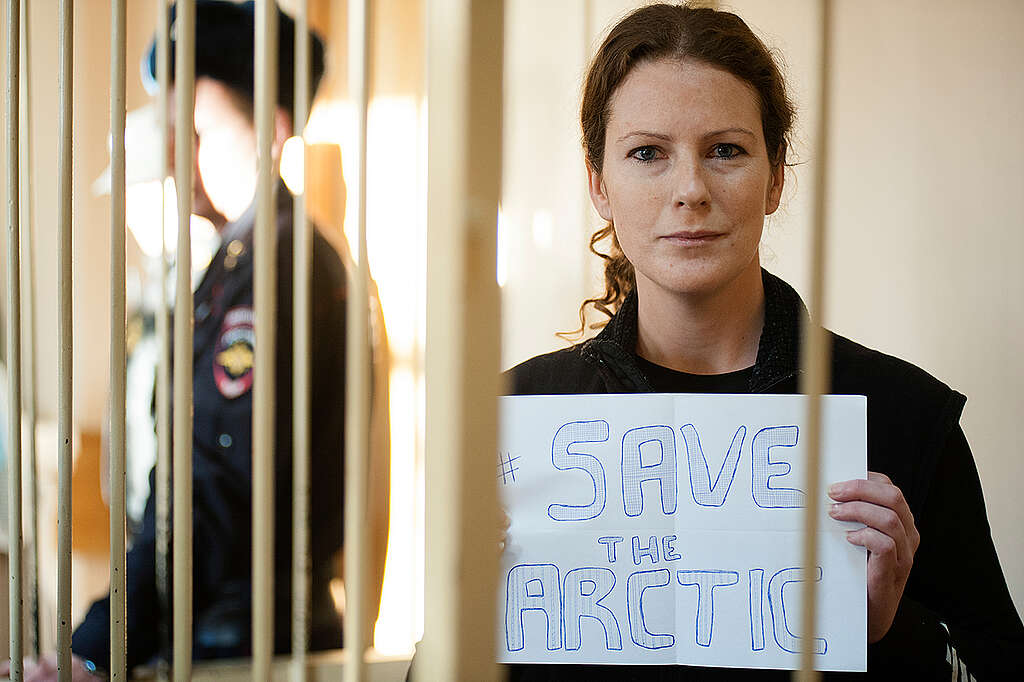
This is the story of the group who became known as the Arctic 30. They were 28 activists and two journalists from across the world who were detained after Russian commandos rappelled from a helicopter to board and seize the Greenpeace ship Arctic Sunrise in September 2013. They had just made a peaceful protest against Arctic oil production at the ice-resistant platform Prirazlomnaya in the Pechora Sea, off Russia's north coast. Despite President Putin admitting the day after their formal arrest that "it is absolutely evident that of course they are not pirates," the Arctic 30 spent two months in detention centres. First in Murmansk and later in St Petersburg.
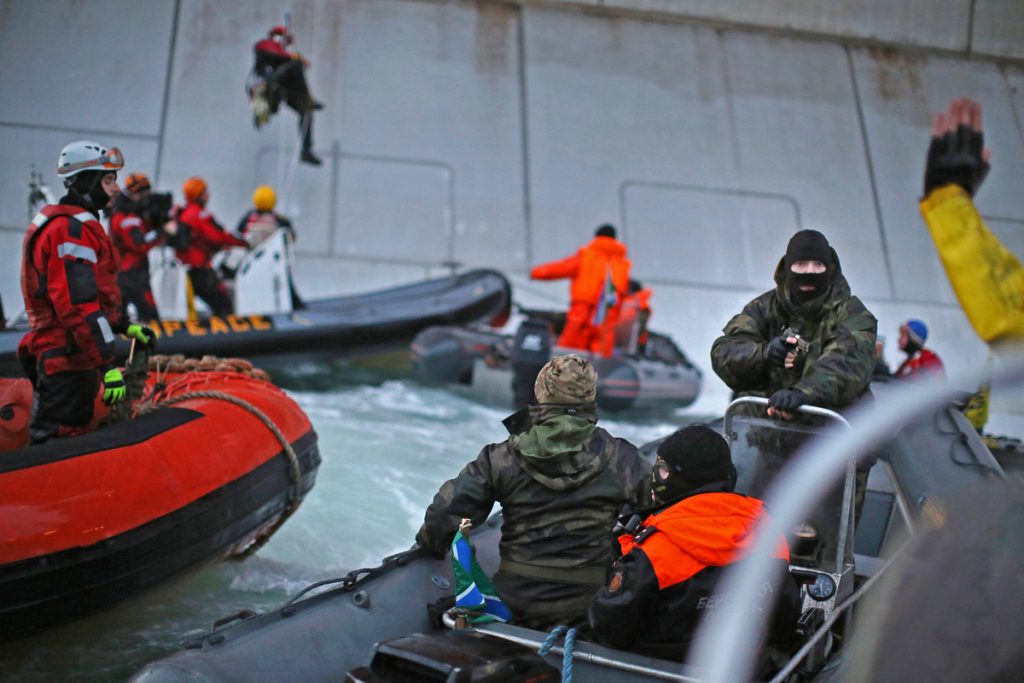
Climate activism clamp down
This is becoming an all too familiar story around the world. Many governments are now taking previously unheard of harsh action against climate activists: such as a three year sentence for scaling a bridge in the UK, a five month sentence for blocking a road in Germany, preventative arrests of XR activists in the Netherlands, and hundreds of anti-democratic bills across the US that criminalise protest.
The "Soulèvements de la terre" environmental group has just been arbitrarily dissolved by the French government after an amendment to a 2021 law. The dissolution of groups or associations by the French government was originally reserved only for particularly serious acts, such as those committed by private militias or combat groups, acts of terrorism, collaboration with the enemy and armed demonstrations.
Last month, Greenpeace International was designated an "undesirable organisation" by Russian authorities, prompting Greenpeace Russia to end 30 years of environmental work in the country.
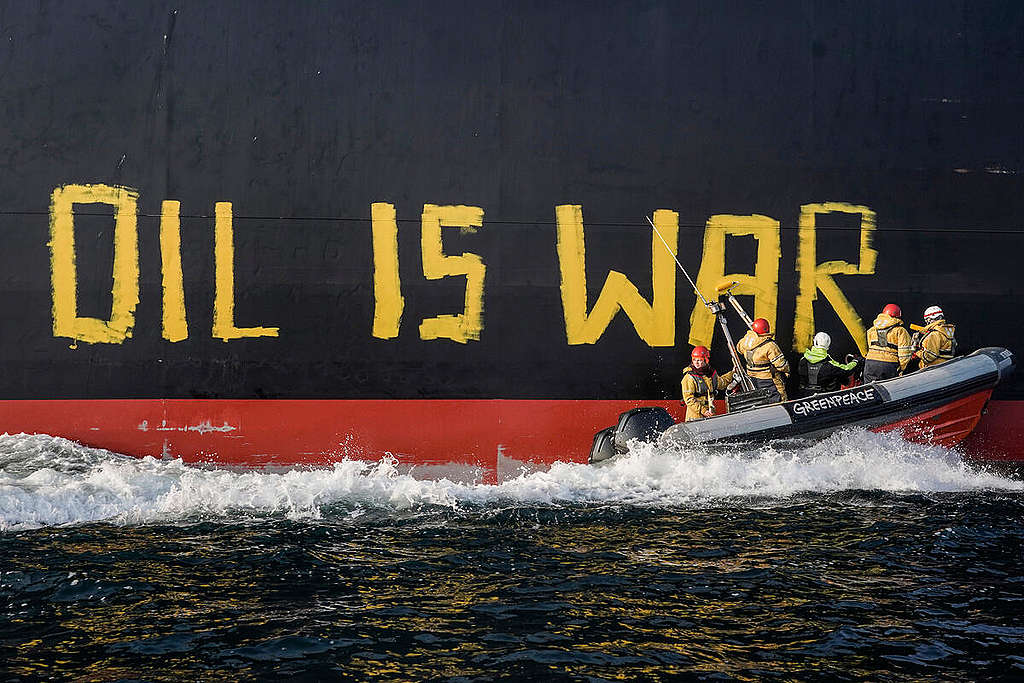
Peaceful public protest is a right
What the European Court of Human Rights in its Arctic 30 v Russia ruling this week reminds us is that peaceful public protest is a right that public authorities must respect in full. That any response should be proportionate. That freedoms of expression and peaceful assembly are protected under law.
Russia's ban of Greenpeace International or other arbitrary actions by states against the environmental movement are an absurd, irresponsible and destructive step in the face of the global climate and biodiversity crises.
Peaceful activism is vital when governments fail to respond to catastrophic climate change and nature destruction. Disproportionate responses are purely to intimidate people who stand up to companies and countries that are causing serious harm to our wellbeing, planet and future. While inaction to stop violence perpetrated against peaceful protesters is another intimidatory tactic.
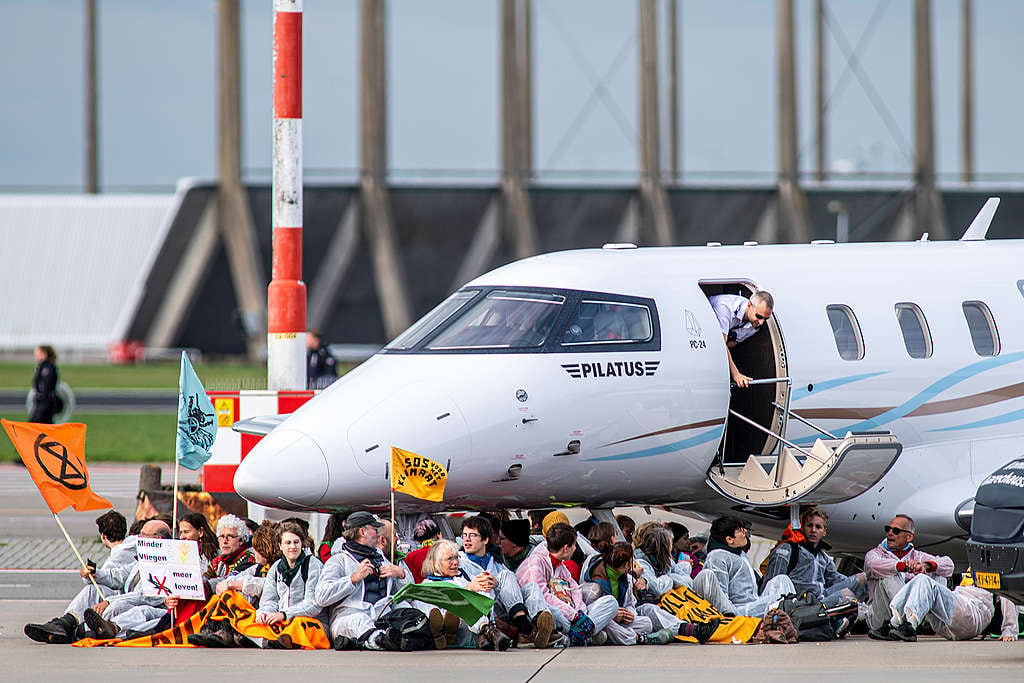
Solidarity is power
It is not just arrests, prison sentences and shut downs, however. Over the past decade, one environmental activist has been killed every two days on average, with Brazil and Colombia recording the highest numbers of the more than 1700 deaths. May they rest in power and their killers be brought to justice.
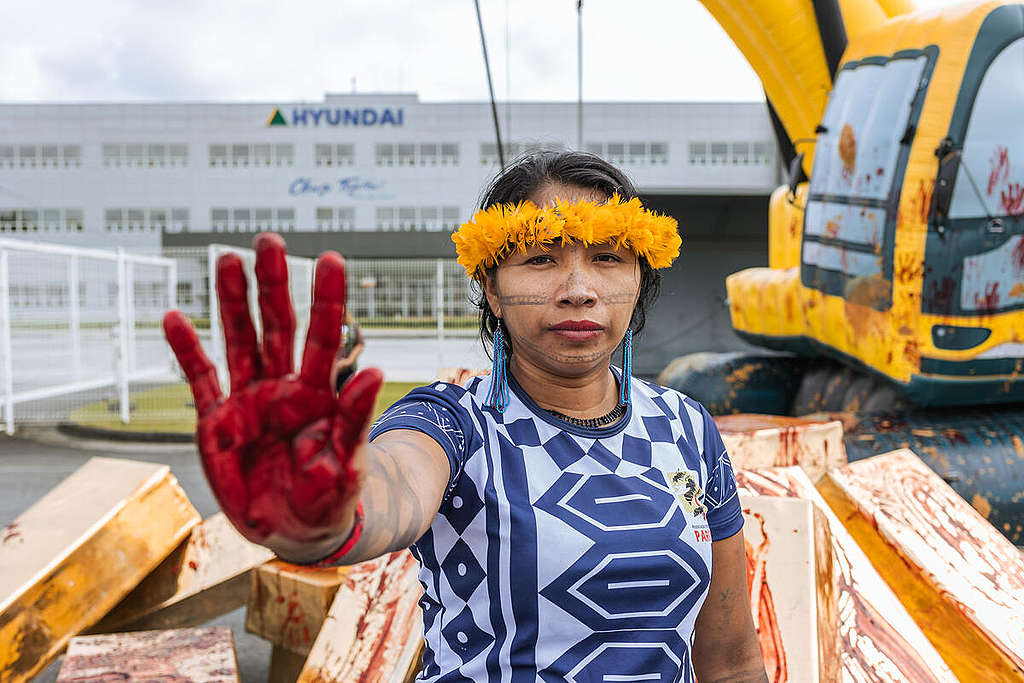
What happened to the Arctic 30 should never have happened. The distress caused still haunts me from time to time, as I recall and recount leading the mission on behalf of Greenpeace to get them home, back into the safe embrace of their families and friends. Into their own warm beds and not the hard bunks of an Arctic Circle prison cell. Out of the tight chains they were forced to wear and into their favourite outfits for a fun day out. Away from fear and into hope, security and peace.
Of course, my distress was a pale shadow of theirs and the angst felt by their loved ones. But what was clear to me then, as it is now, is the solidarity, bravery and compassion the movement shows when we are in times of peril.
Nearly 2 million people signed and sent petitions to Russian embassies across the world calling for the release of the Arctic 30. Huge crowds took part in marches and artists created protest masterpieces, while civil society allies rallied around Greenpeace as we rallied around each other, supporting the Arctic 30 and their families, and teams of workmates, through the long days and nights as we struggled to gain the release of our friends and colleagues. This is the power of solidarity. This is the power of the movement and we shall not be cowed.
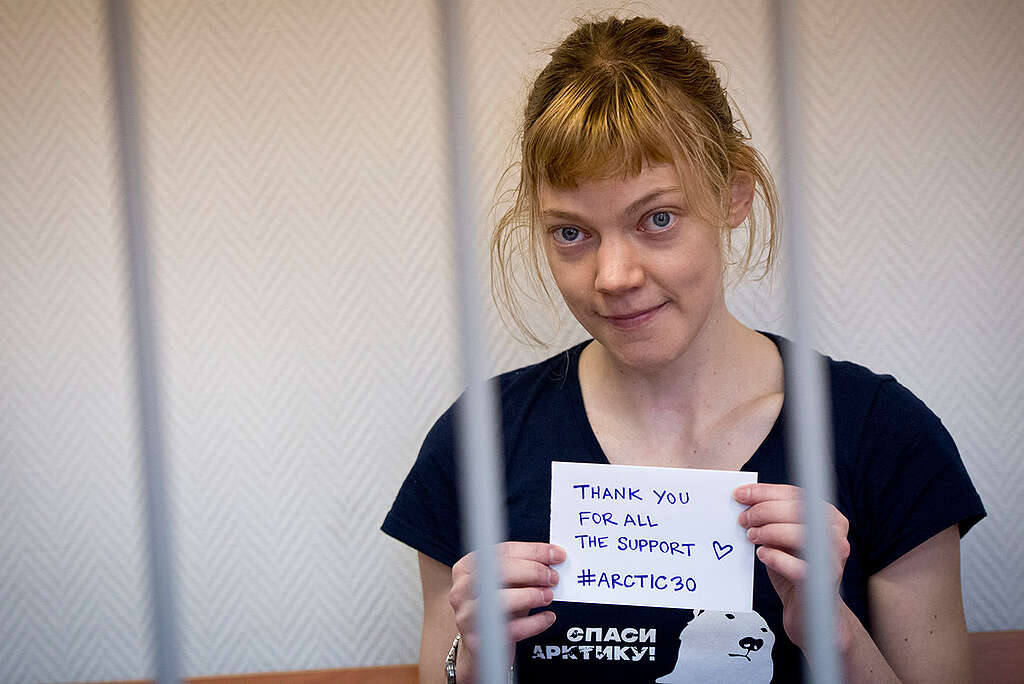
Shared purpose, shared security
Security for activists who are vocal about sensitive issues is vital. And not just activists. Security is crucial for anyone who speaks out against injustice, from journalists and authors to grandparents and teachers. But this security is lacking. The reality is that more and more governments are continuing to choose to protect polluting industries rather than the planet or the people who are able, and who find the courage, to stand up for their rights, and those of others.
As colliding crises, described by some as the polycrisis, intensify we will need to stand together, in solidarity, across issues, across countries. As a movement of movements we will need to provide shared security and come together like never before. With our vast numbers and voices, we can create our own sense of security. Drawing on the memory of the solidarity we saw with the Arctic 30, I remain hopeful.






